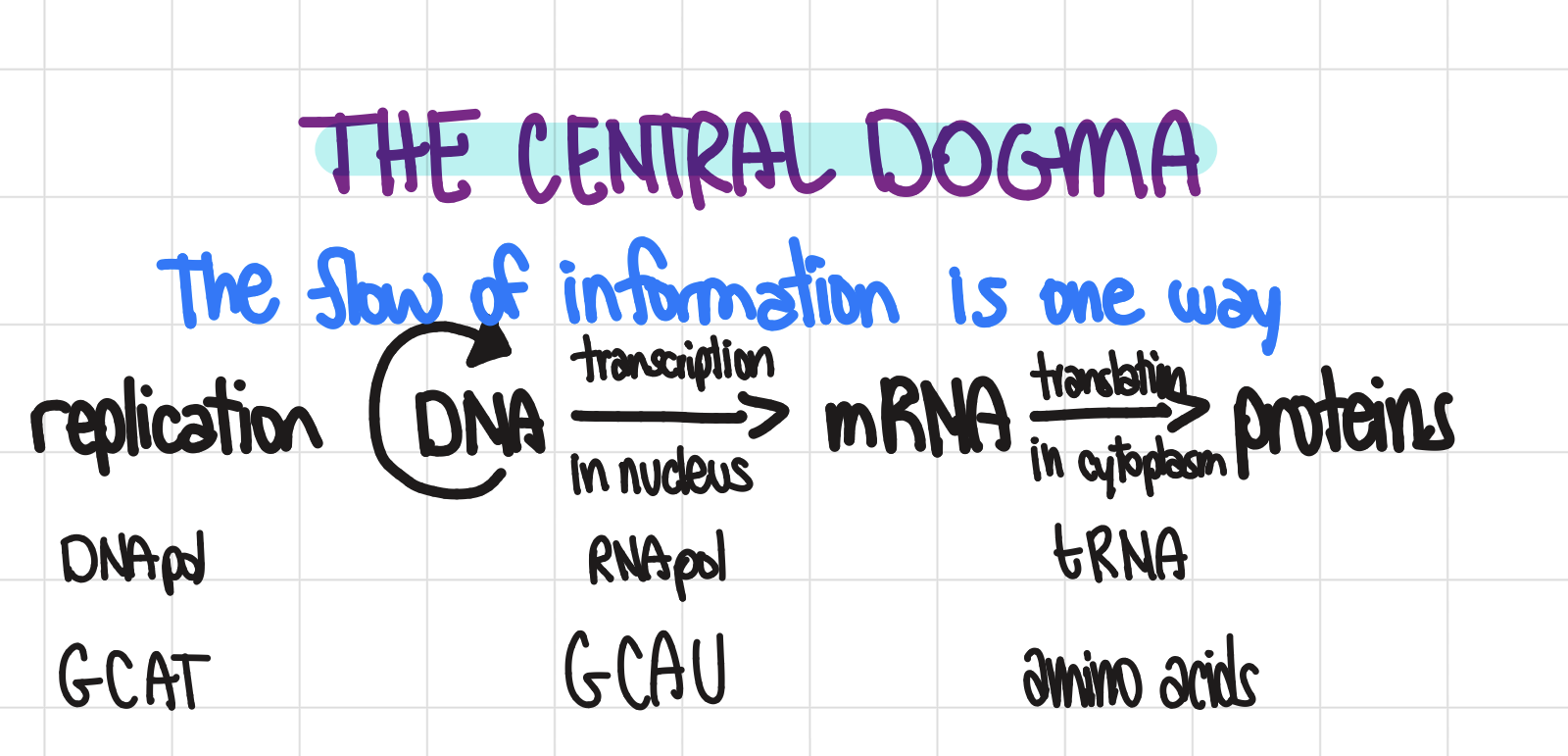BIOL 1020 Lecture 2- Intro to Biology
1/18
There's no tags or description
Looks like no tags are added yet.
Name | Mastery | Learn | Test | Matching | Spaced |
|---|
No study sessions yet.
19 Terms
Describe the basic properties of living organisms.
All Real Rabbits Really Grow Using Order
Adapts by evolutionary adaptation
Regulates itself
Responsive to environment
Reproduces
Growth and development
Ordered
Life is ordered…
organized into highly ordered structure
Energy must be put into the system to maintain order
non living things can also be order (they just take up less energy)
Life uses energy…
evident by:
maintenance of order
Reproduction
Movement in the environment
Obtaining resources and food for fpfrowrh and ecelipmenr
Life undergoes growth and development…
DNA is inherited and controls the pattern of growth and development through the regulation of gene expression
Life responds to its environment…
We recognize life by what living things do:
constant monitoring of it’s environment
Predator avoidance
Changing diet according to season
Tilting leaves and flowers towards the light
Regulating internal conditions
Life regulates itself (example)…
homeostwtsid is the steady state regulation of the organisms
Often a response to environment
Flow of blood through vessels
Life reproduces…
life needs to make more of its own kind
Asexual and sexual modes of reproduction
Cloning, fragmentation, budding and sex
Life adapts by evolutionary adaption…
populations of species (not an individual) adapt to their changing environment by evolutionary
The environment selects against individuals that are not suited to the environment via natural selection
What is a virus?
infectious agents with both living and nonliving characteristics
Viruses are obligate, infectious, intracellular parasites
Arrange levels of biological organization in its proper order and define it
Biosphere - all life of earth
Ecosystems - all living things in a particular area, along with its nonliving components
Communities - assemblages of different populations living closely with interaction potential
Populations - interbreeding individuals living in the same area
Organisms - individual living things
Organs - a collection of different tissues with specialized function
Tissues - collection of differentiated, specialized cells
Cells - life’s fundamental unit of structure and function
Organelles - various components in a cell
Molecules - chemical structure consisting of 2 or more atoms
“Broke Exhausted Collage People Only Order Takeout + Cry Over Midterms”
How does energy flow through an ecosystem?
There’s a one way flow of energy in the ecosystem.
In photosynthesis, plants convert energy from sunlight into chemical energy and is stored in food molecules like organs,
Consumers are organisms like animals that feed on other organisms or remains
Organisms use chemical energy to perform work (eg. Muscle cells or cell division), and some of that energy is lost to the surroundings as heat
Chemicals are respchoed within an ecosystem; absorbed by plants (soil/air), then passed down to animals that eat it
Returned to the environment by decomposes that break down waste
Arrange the taxa in their Linnaean hierarchy
King Philip’s Cried Out For Goodness Sake
kingdim
Phylum
Class
Order
Family
Genus
Species
Cause vs Correlation
Cause - Factor A leads to Factor B; cause and effect - experiments are needed
(Eg. drink too much → hangover)
Correlation - When Factor A changes, so does Factor B; association between variables
(Eg. heart rate increases with physical activities)
Are viruses living or non living?
Viruses are nonliving, acellular
(H DEFINITION)
Cell theory
The fundamental unit of life is the cell
Prokaryotes vs Eukaryotes
Prokaryotes:
two domains: bacteria and arches
Use DNA as genetic code
No nucleus
Single celled
Eukaryotes:
one domains: eukarya
Use DNA as genetic code
Have a nucleus and other internal compartments (ie. membrane bound organelles)
Single celled or multicellular
The study of life reveals common themes
zooming in on the evoked of biological hierarchy is called reductionism
Life transmits genetic information
*the central dogma of biology
Life requires the transfer and transformation of energy and matter

Life transmits genetic information…
-DNA is the genetic material of life
it’s packaged in chromosomes in eukaryotes
DNA is passed down to new generations in two ways
mitosis and meiosis
Genes are heritable units of DNA
they encode for proteins, other RNA molecules, etc
Gene expression is the entire process of DNA replication, transcription and translation that is required to manufacture cellular products
What is the scientific method?
make an observation
Form a question
Form a testable hypothesis
Conduct an experiment: collect data and observations to determine if your hypothesis is supported or not
report the results
Note: a hypothesis cannot be proven, only supported or not supported.